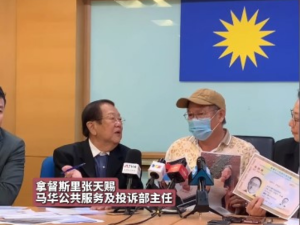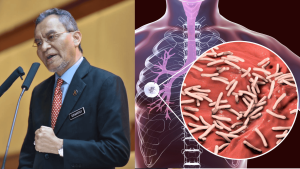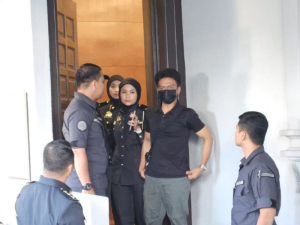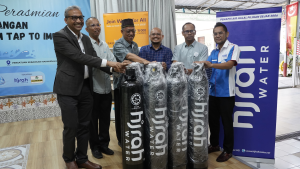Expanded Sales & Service Tax (SST) t o Begin July 1: What Will Be Taxed
The Ministry of Finance has announced that Malaysia’s sales and service tax (SST) framework will be expanded starting 1 July 2025, as part of the government’s broader economic reform efforts. While basic necessities will remain exempt from sales tax, non-essential goods will be subject to a 5% to 10% tax rate.
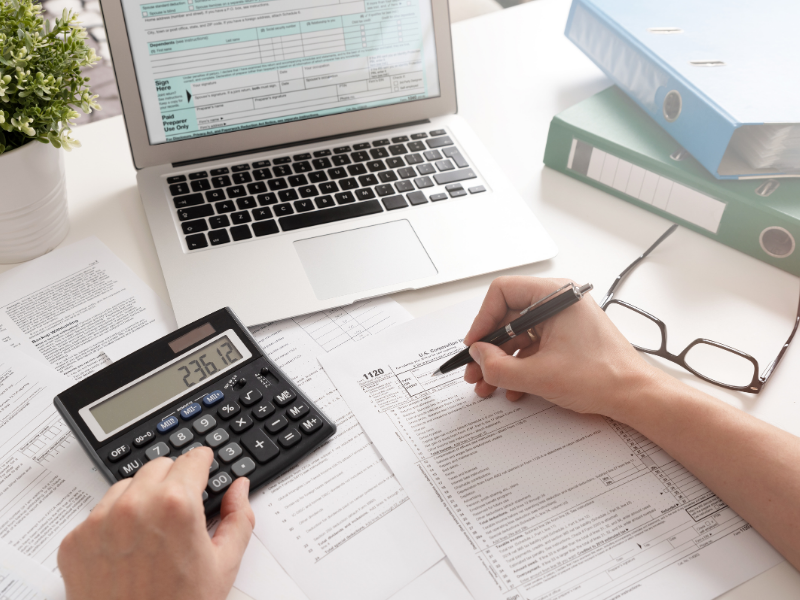
Image credits: Canva
Finance Minister II Amir Hamzah Azizan stated that the expansion aims to generate additional revenue without overburdening the public. The SST is expected to bring in RM51.7 billion in 2025, an increase of RM5 billion compared to the current projected revenue of RM46.7 billion.
New Services to Be Taxed
From July 1 onward, the service tax will be extended to cover several new categories of services:
- Rental and leasing services
- Construction services
- Financial services
- Private healthcare services
- Private education services

Image credits: Canva
These additions will include exemptions in certain areas to avoid double taxation and ensure that essential services remain accessible. The finance ministry emphasized that feedback from industry associations and tax experts was considered to cushion the impact on affected sectors.
Services that are already taxed
Under the existing system, several services are already taxed. These include:
- Hotel accommodation
- Food and beverage services (such as restaurants, cafes, and catering)
- Telecommunication services
- Paid television and streaming services
- General insurance (excluding life insurance)
- Courier and delivery services
- Professional services, such as legal, accounting, architecture, engineering, and consultancy
- Car maintenance and repair
- Air-conditioning servicing and general cleaning services
- Information technology services provided locally (such as hosting or software subscriptions)
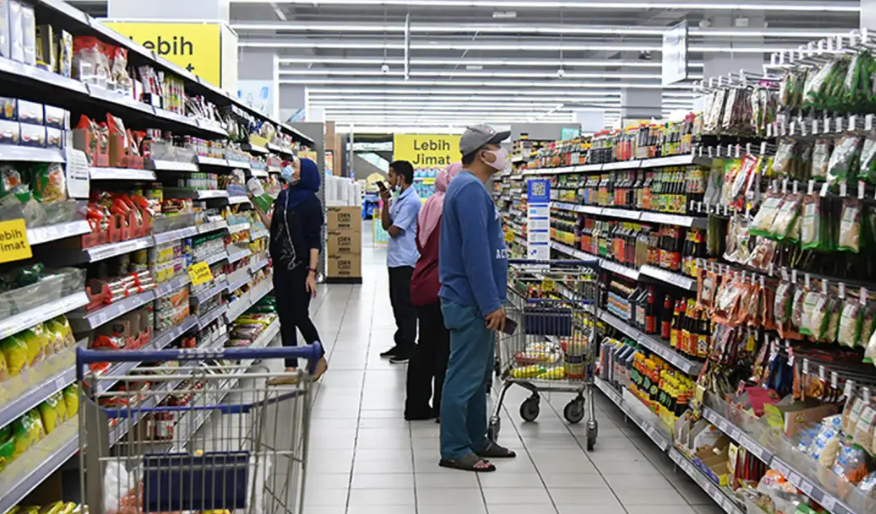
Image credits: FMT
Essential Goods Still Exempt
The government confirmed that all essential goods will continue to enjoy 0% sales tax, to protect the public from rising living costs. Items under this category include staple foods, basic healthcare supplies, and public transportation.
Amir noted that the SST revision was not made lightly and involved detailed discussions with stakeholders to ensure a targeted and fair implementation.
“The government is committed to economic reform, but also to making sure that the rakyat are not unfairly burdened. We will continue to use a targeted approach so that only non-essential goods and services are taxed,” he said in a statement.
This expanded tax framework is part of the government’s broader strategy to increase revenue in a sustainable way while maintaining affordability for the public.
